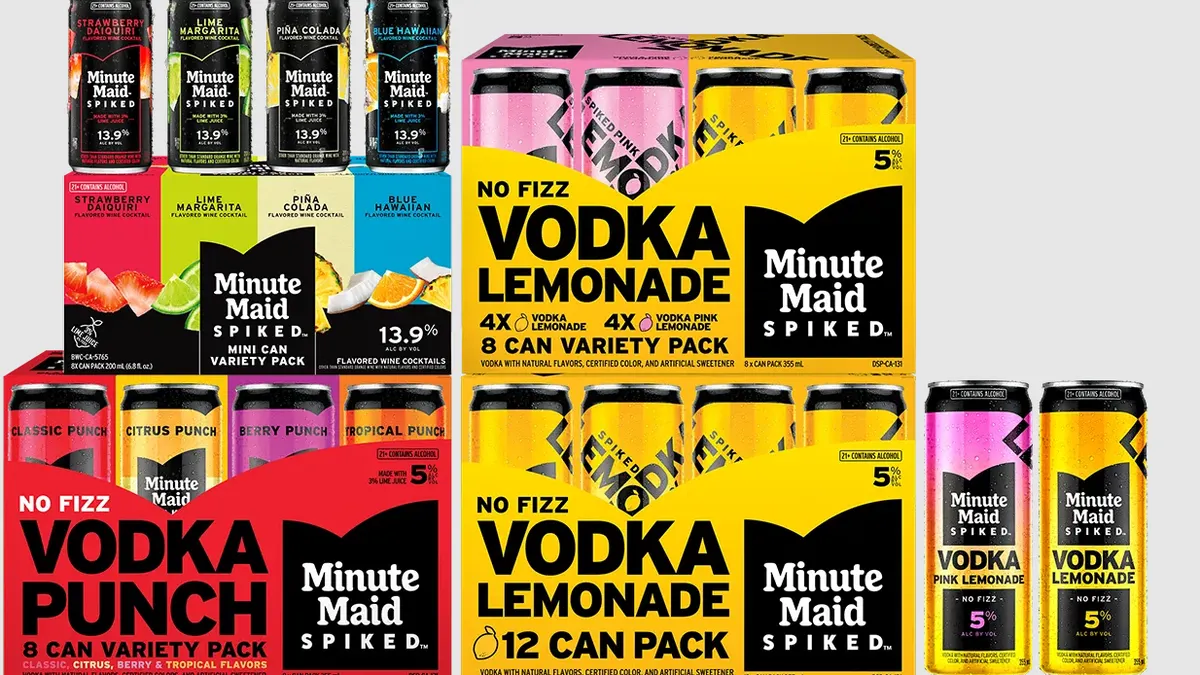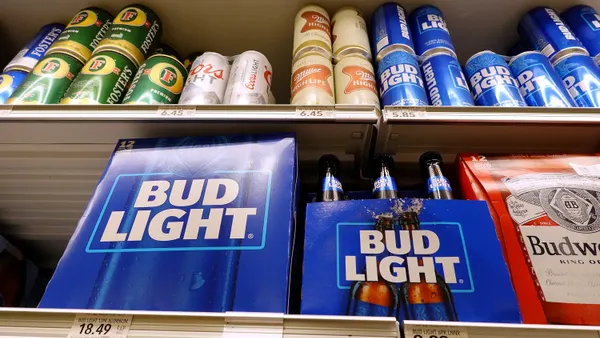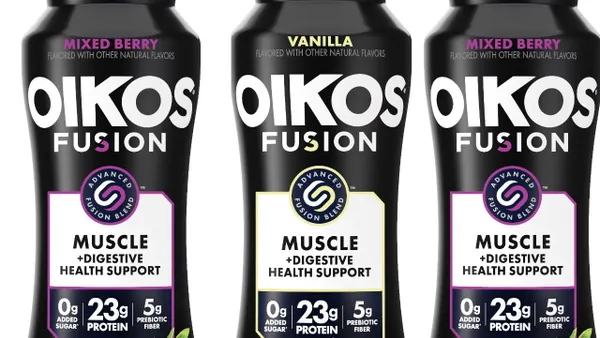Bisphenol A (BPA), a compound used in plastic bottles and in the resin lining canned food, has been controversial due to concerns it could mimic the hormone estrogen in the human body. However, a new meta-analysis suggests these fears are unfounded.
The research, conducted by toxicologist Justin Teeguarden at the Department of Energy's Pacific Northwest National Laboratory and released at the American Association for the Advancement of Science's annual meeting in Boston, looked at nearly 150 previous BPA exposure studies and found that the levels of BPA present in the general population are thousands of times too low to trigger estrogen-like effects.
"Looking at all the studies together reveals a remarkably consistent picture of human exposure to BPA with implications for how the risk of human exposure is interpreted," said Teeguarden. "At these exposure levels, exposure to BPA can't be compared to giving a baby the massive dose of estrogens found in a birth control pill, a comparison made by others."
Teeguarden and biologist Sesha Hanson-Drury also examined 130 studies of the toxic effects of "low dose" exposure to BPA in animals and cells in labs, but found that most of these studies actually tested amounts far in excess of what humans encounter in the environment.
"Unfortunately, the low dose moniker has been used by some to promote the importance of selected toxicity studies, for example, in arguments to ban BPA," said Teeguarden. "For BPA and all chemicals, we need more accurate language to present these findings so the public and scientists in other disciplines can understand how human exposures compare to exposures in laboratory studies reporting toxicity."
The FDA issued a warning that BPA may be hazardous to children and infants in 2010 and banned the use of BPA in baby bottles in 2012.
Would you like to see more food and beverage industry news and information like this in your inbox on a daily basis? Subscribe to our Food Dive email newsletter! You may also want to check out Food Dive's look at whether or not Heinz is still the king of ketchup.










